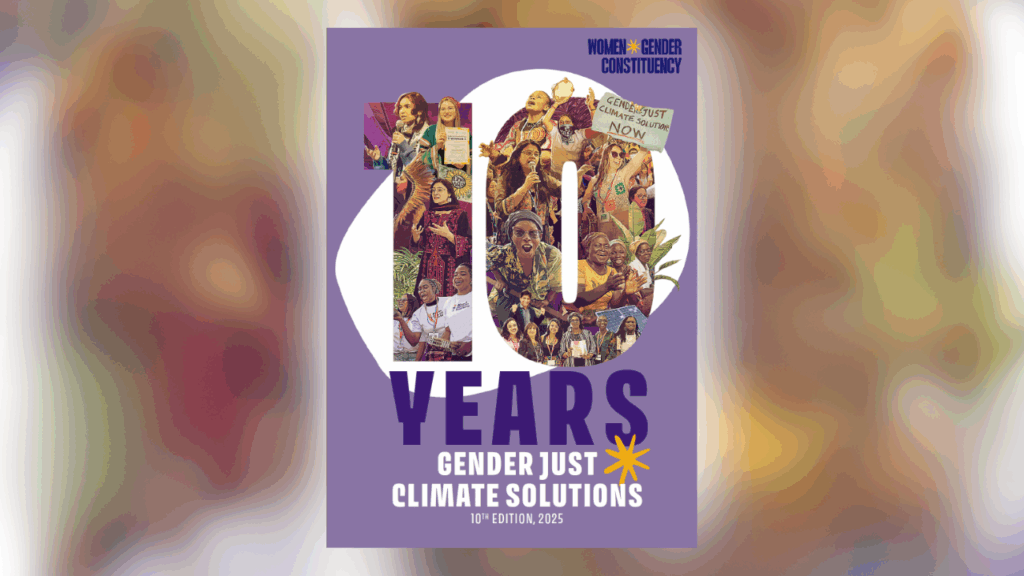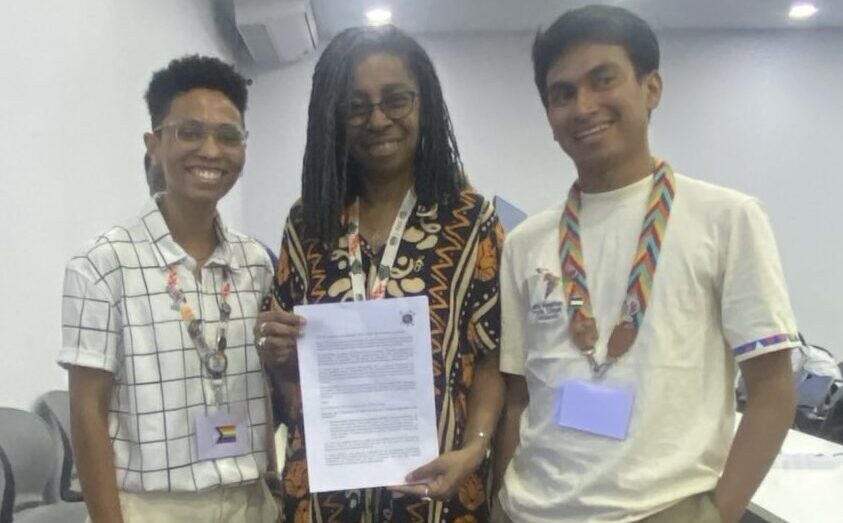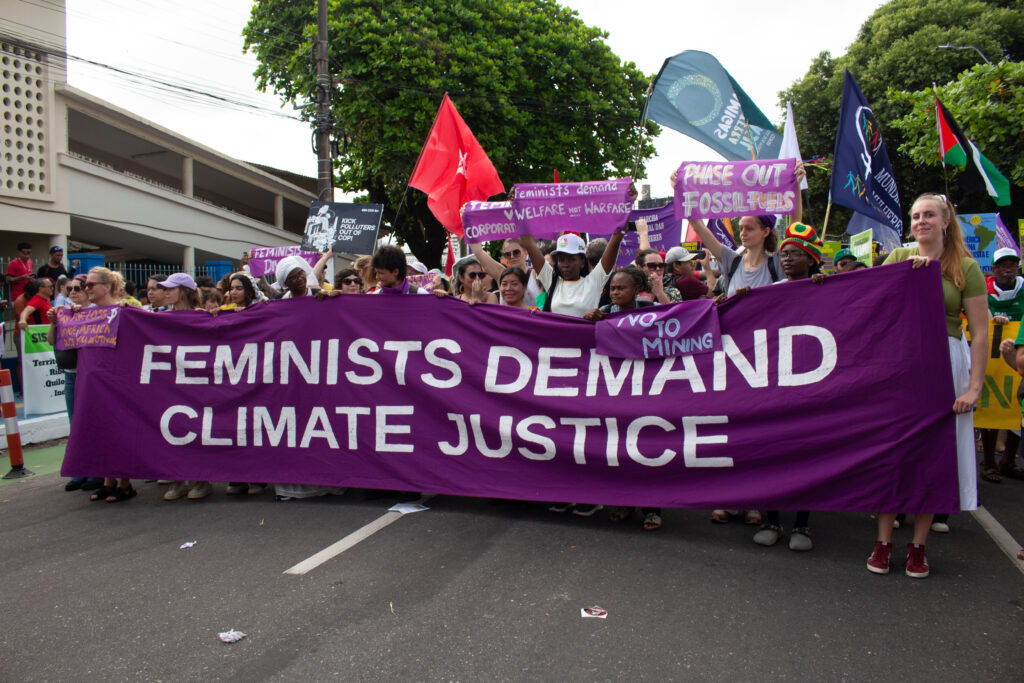
YEST-IN – sustainable economic empowerment through mushroom and biogas production
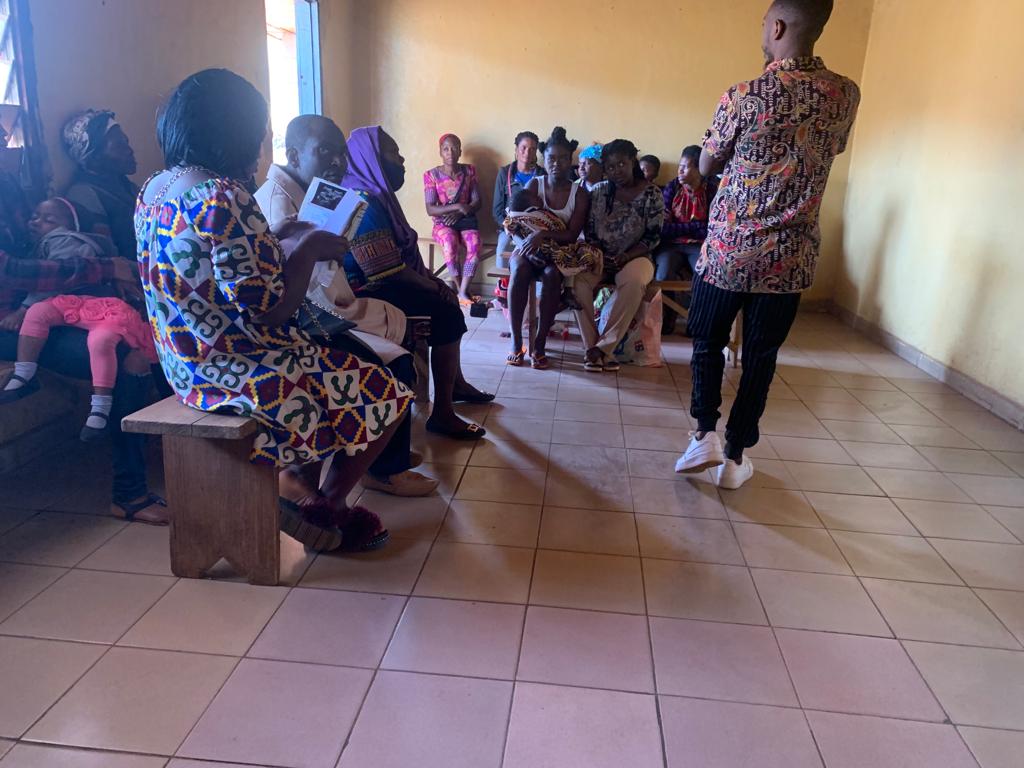
About
Description of the project: In the Northwest and Southwest of Cameroon, rice husk and corn straw is usually burnt for cooking and heating, resulting in toxic gas emissions. YEST-IN launched a sustainable development project in 2019 using rice and corn straw to grow mushrooms to feed the local demand and produce biogas for fuel. The primary beneficiaries are 2000 women and 850 young men from Fako and Bafut districts, trained as mushroom producers and vendors. YEST-IN mushrooms empower women and youth to cut emissions while boosting the local economy and promoting nutrient rich diets in the villages.
Climate impact
- Farm waste for mushroom production reduces toxic gas emissions by 30%.
- Reduction of firewood and forest timber (replaced by biogas plants) by 50%.
- Biogas plants generate energy and reduce municipal waste by 15%.
Gender impact
- Income generation for women, helping them and their households out of poverty
- Equal access for women to the job market.
- Technical and entrepreneurship trainings for women.
Scalability / replicability
- Protein-rich mushrooms have become a popular local substitute for meat in the target regions.
- Mushroom growing and biogas plants constitute a replicable model using a broad range of raw materials (e.g., sawdust, straw), available in other regions.
- Awareness raising on the environmental, social and economic impact of the project.
read the latest from our network
We work across regions and movements in deep solidarity. Together, we’re building collective advocacy to global problems.

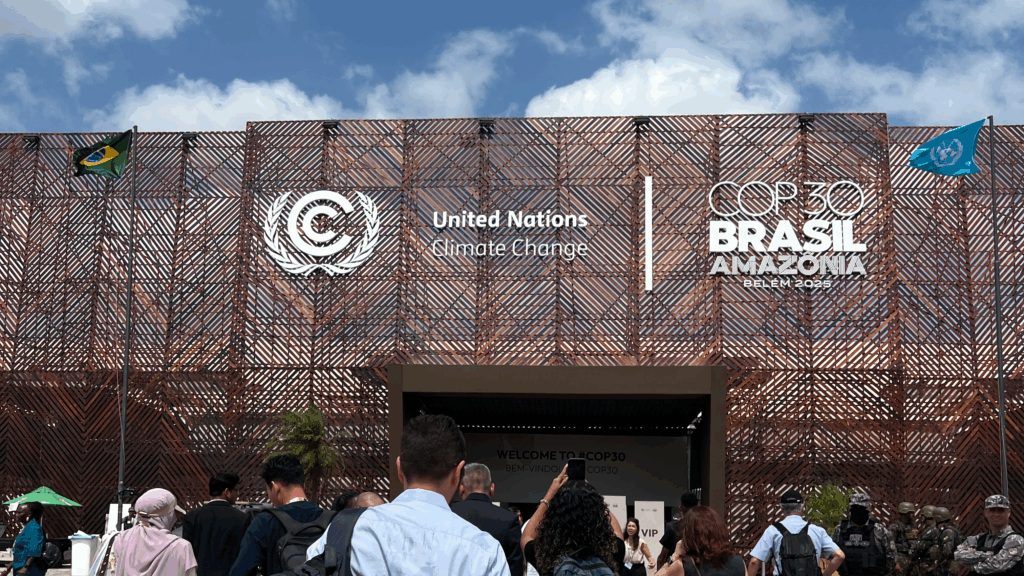


PS: Do Not Step into the Footnote Trap
19/11/2025
